8 GPTs for Simulation Tool Powered by AI for Free of 2026
AI GPTs for Simulation Tool are advanced artificial intelligence systems based on Generative Pre-trained Transformers designed to facilitate simulation tasks. These tools are tailored to model, predict, and analyze complex scenarios across various domains, including but not limited to engineering, healthcare, finance, and environmental studies. They leverage the power of GPTs to generate realistic simulations, providing insights and data that can inform decision-making and strategy development. Their adaptability and precision make them invaluable for tasks requiring nuanced understanding and detailed predictive analysis.
Top 7 GPTs for Simulation Tool are: Advanced Differential Equation Solver,Control System Engineering Master,Heat Transfer Problem Solver,Tech Norris: S. A. M. U. S.,AURORA: Your Astrodynamics Assistant,Azeotrope,Quantum Decoherence Demystified
Advanced Differential Equation Solver
Solving differential equations, powered by AI
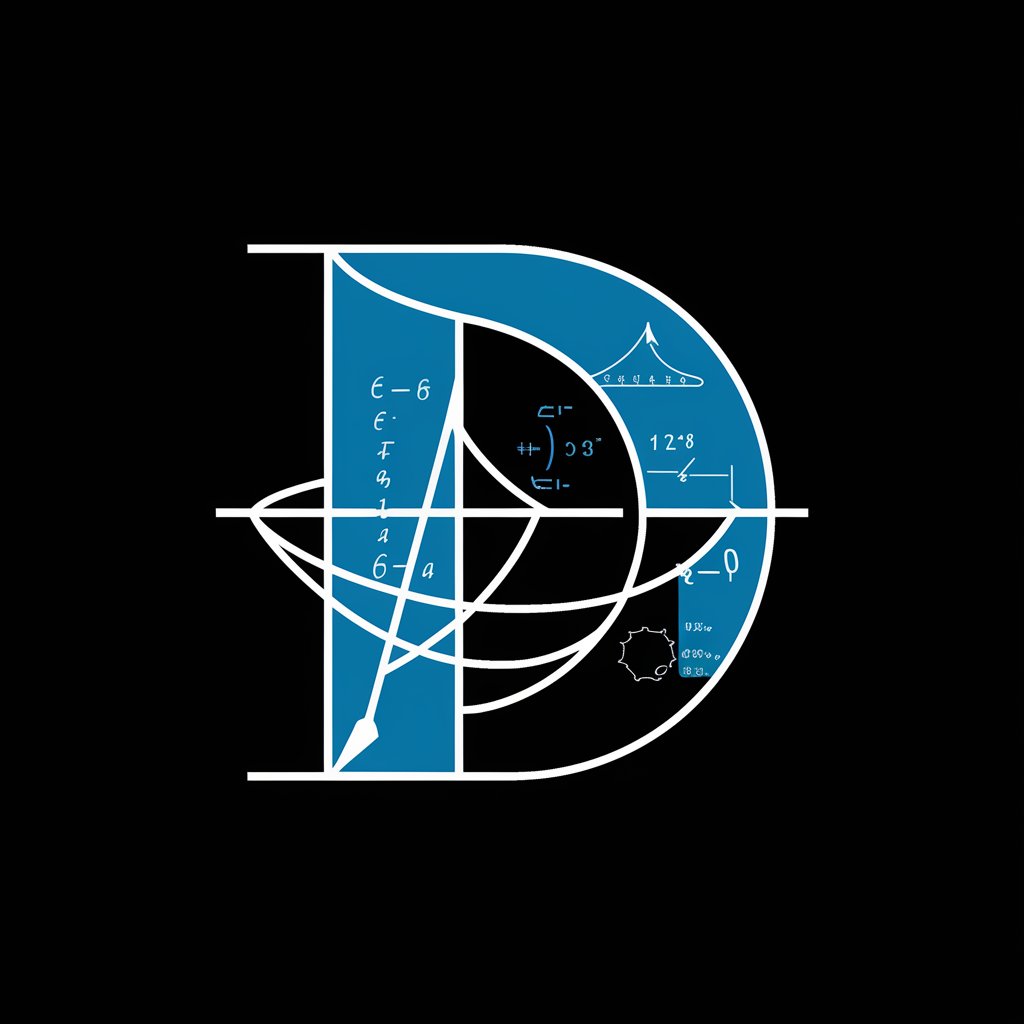
Control System Engineering Master
Master control systems with AI guidance.
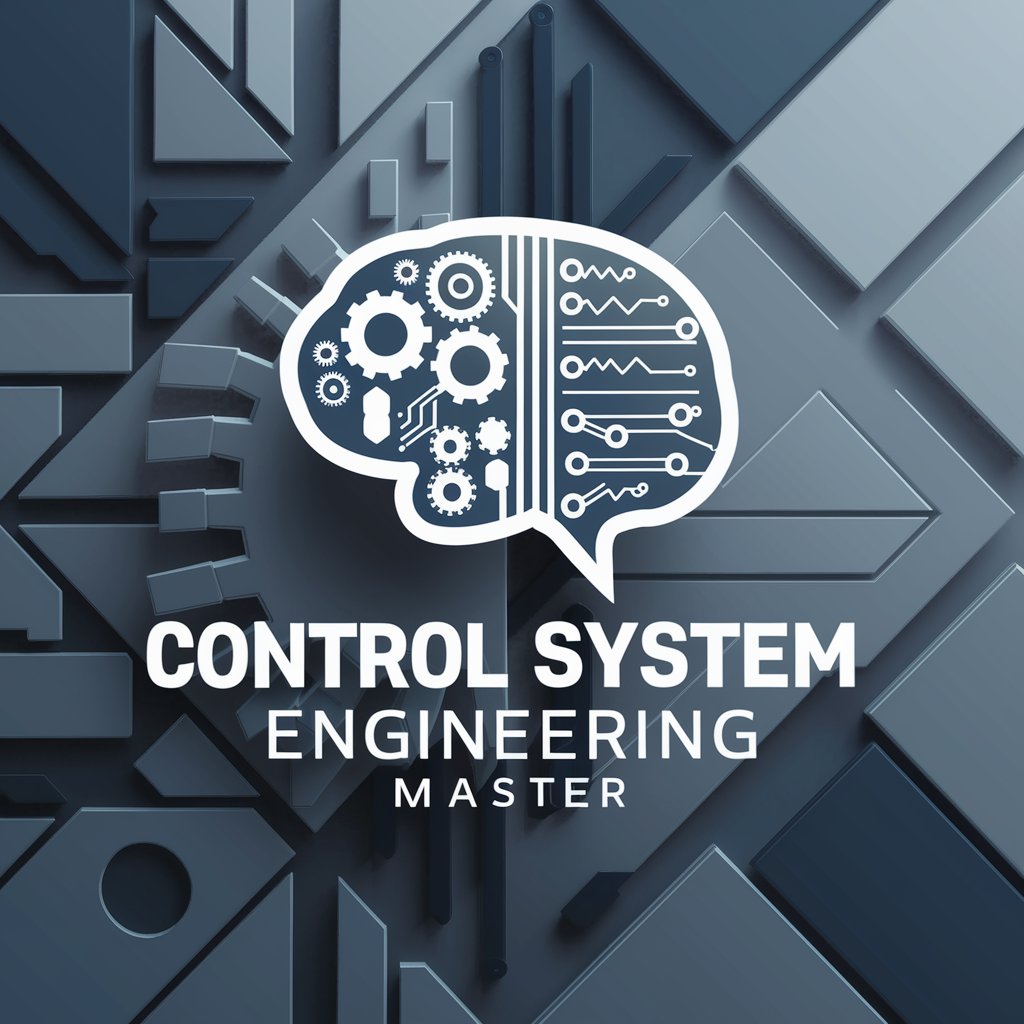
Heat Transfer Problem Solver
Master Heat Transfer with AI
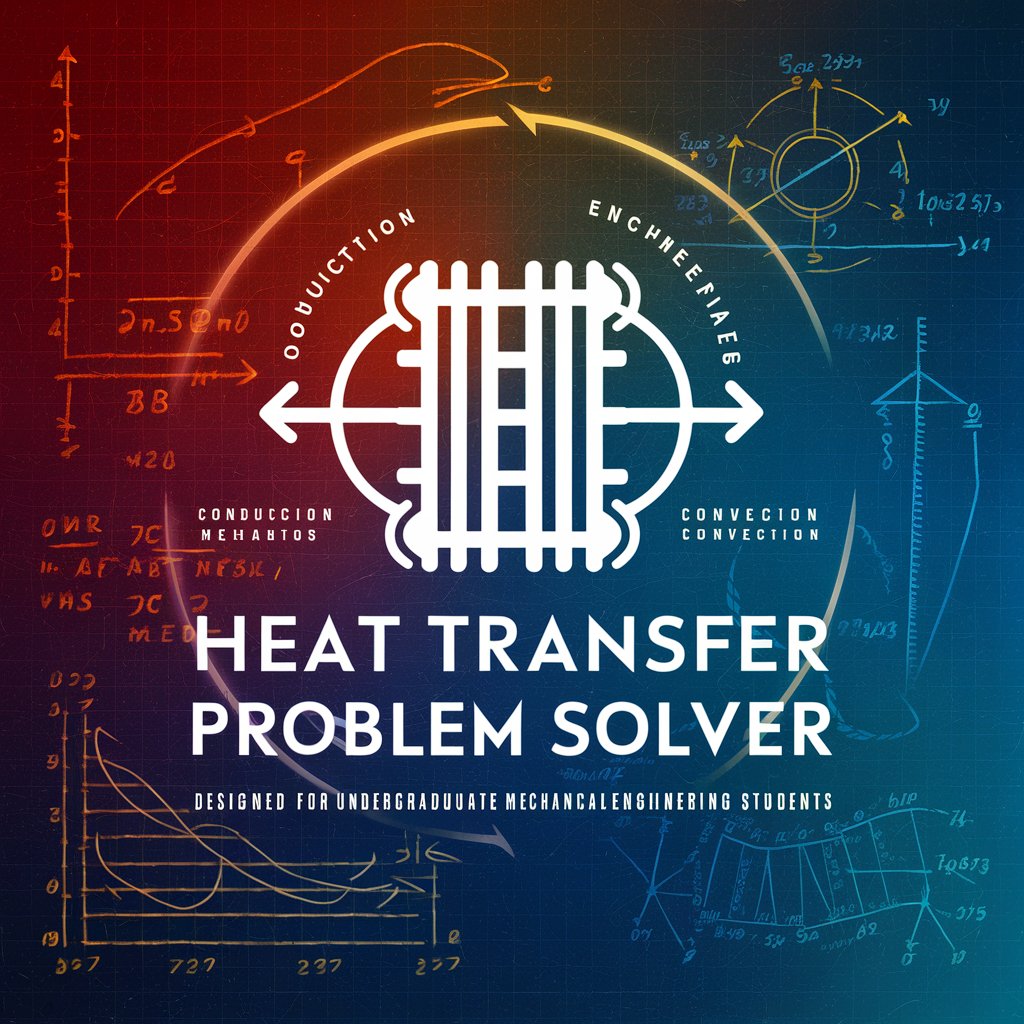
Tech Norris: S. A. M. U. S.
Empower your creativity with AI

AURORA: Your Astrodynamics Assistant
Mastering Space with AI
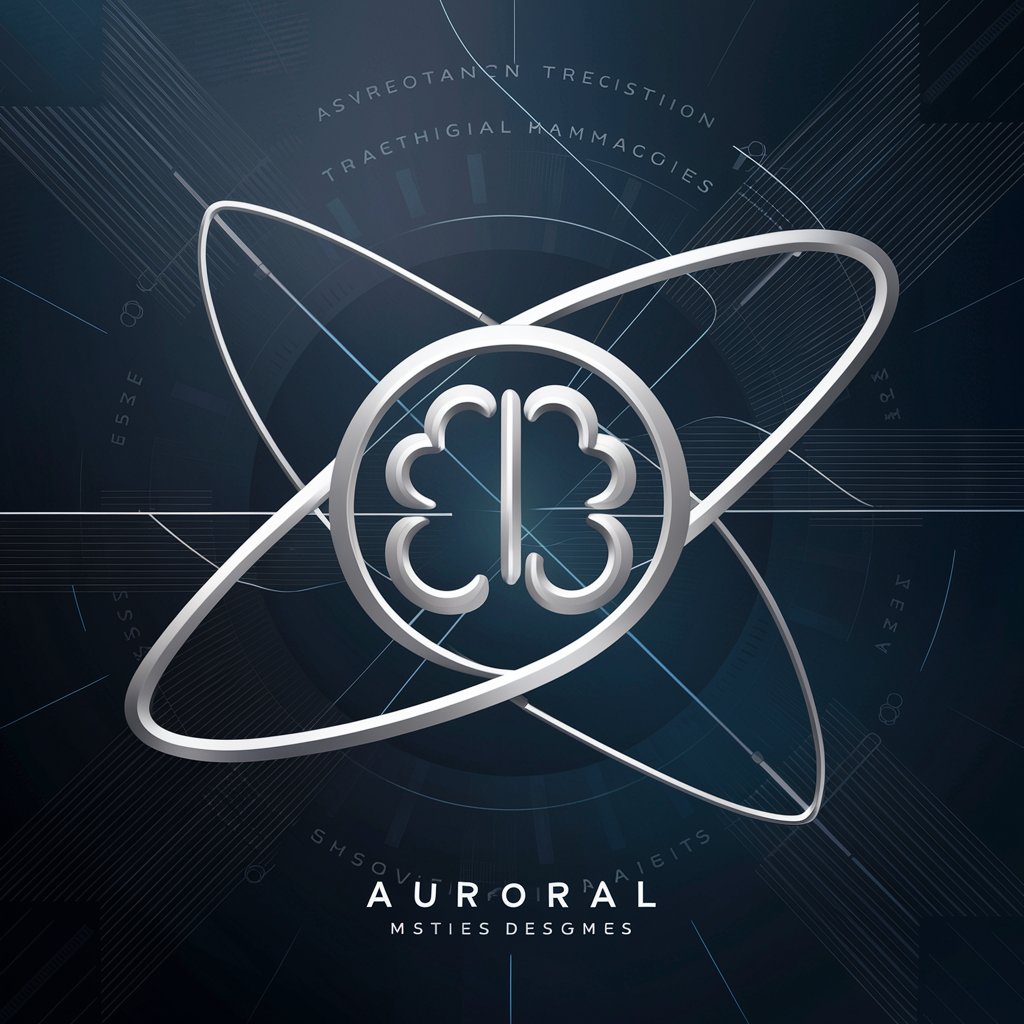
Azeotrope
Empowering Chemical Engineering with AI
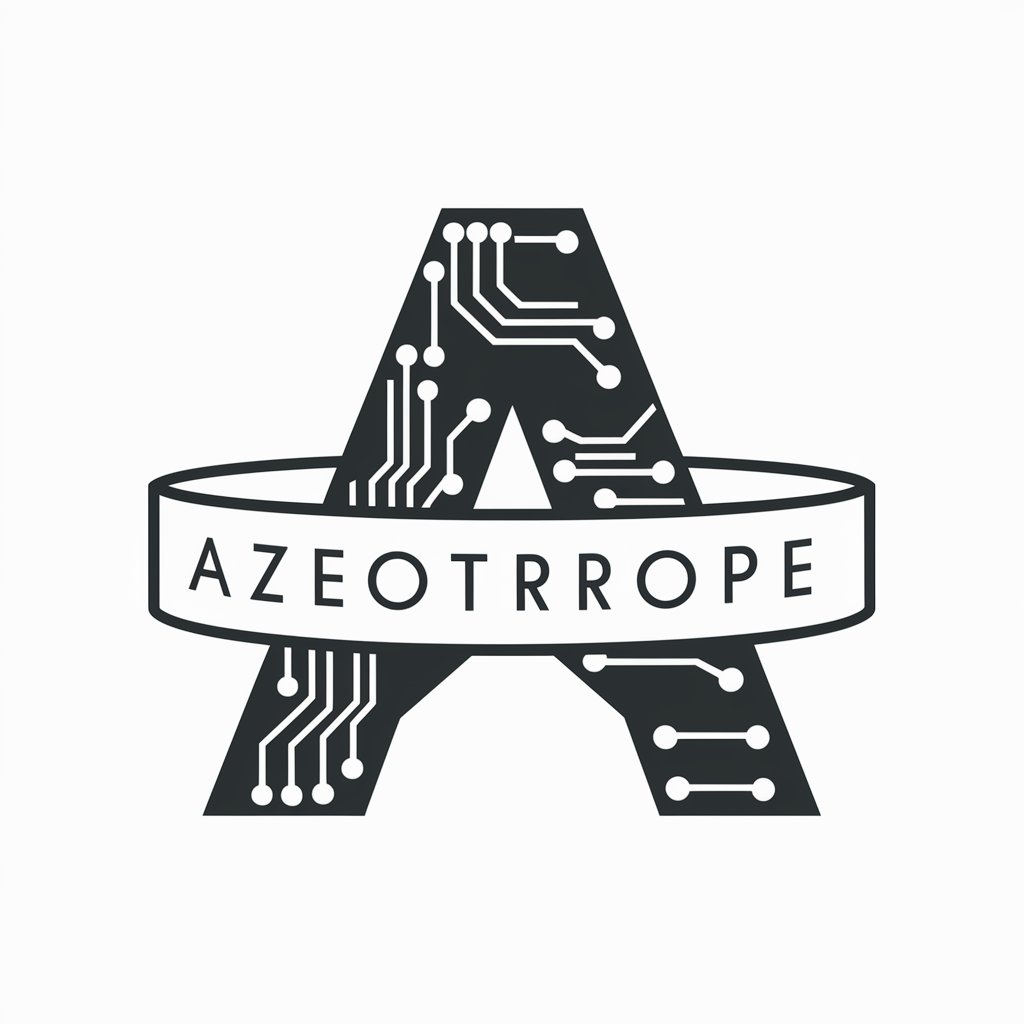
Quantum Decoherence Demystified
Navigating Quantum Decoherence with AI

Key Attributes of Simulation Tool AI
AI GPTs for Simulation Tool offer a range of features that set them apart, including the ability to process and analyze large datasets, create detailed models of complex systems, and predict outcomes with high accuracy. These tools are highly adaptable, capable of scaling from simple simulations to intricate, multi-layered systems. Special features may include natural language processing for intuitive interaction, advanced data analysis for deeper insights, and image generation for visualizing simulations. Additionally, technical support and customization options enable users to tailor these tools to their specific needs.
Who Benefits from Simulation Tool AI
AI GPTs for Simulation Tool are designed for a wide range of users, including students, researchers, engineers, and professionals in fields requiring simulation for analysis, prediction, and planning. These tools are accessible to novices, offering user-friendly interfaces that don't require advanced coding skills, while also providing extensive customization options for developers and experts who seek to leverage these tools for specialized applications.
Try Our other AI GPTs tools for Free
PHP Frameworks
Discover AI GPTs for PHP Frameworks: revolutionary tools designed to enhance PHP development with AI-powered coding assistance, debugging, and customization.
Dependency Injection
Discover how AI GPTs revolutionize dependency injection in software development, offering automated, efficient, and error-free code management.
OOP Learning
Explore the transformative potential of AI GPTs for OOP Learning, designed to demystify Object-Oriented Programming through personalized, interactive, and intelligent educational experiences.
STEM Tutoring
Discover AI GPTs for STEM Tutoring: versatile, user-friendly tools designed to revolutionize learning in Science, Technology, Engineering, and Mathematics. Ideal for various learning levels, they provide personalized, interactive educational experiences.
Interactive Chemistry
Unlock the potential of chemistry with AI GPTs. Interactive tools designed to make learning and research in chemistry more accessible and efficient.
Educational Software
Discover how AI GPTs for Educational Software revolutionize learning with personalized content, interactive tutoring, and seamless integration into educational ecosystems.
Expanding Horizons with AI Simulation Tools
AI GPTs for Simulation Tool not only offer advanced simulation capabilities but also introduce user-friendly interfaces that simplify complex processes. Their adaptability across different sectors and ability to integrate with existing workflows underscore their potential as versatile, powerful tools for predictive analysis and decision-making. The continuous improvement of these tools promises even greater accuracy and efficiency in simulations, making them indispensable for future developments.
Frequently Asked Questions
What are AI GPTs for Simulation Tool?
AI GPTs for Simulation Tool are AI-driven platforms using Generative Pre-trained Transformers to create, model, and analyze simulations for a variety of applications.
Who can use these AI GPTs tools?
They are suitable for a wide audience, including beginners in simulation work, experienced developers, and professionals across different industries.
Do I need programming skills to use these tools?
No, many AI GPTs for Simulation Tool are designed to be user-friendly, requiring minimal to no programming skills for basic functions.
Can these tools be customized for specific tasks?
Yes, they offer customization options for those with the technical know-how, allowing for tailored simulation models and analyses.
What makes AI GPTs for Simulation Tool unique?
Their adaptability, precision in modeling and predicting complex systems, and user-friendly interfaces set them apart.
How do these tools integrate with existing systems?
AI GPTs can often be integrated with existing systems through APIs or specialized software connectors, enhancing workflow efficiency.
Can AI GPTs for Simulation Tool predict outcomes?
Yes, they excel at analyzing data and modeling systems to predict outcomes with high levels of accuracy.
Are there any sectors where AI GPTs for Simulation Tool are particularly useful?
They are valuable across many sectors, including healthcare, finance, environmental studies, and engineering, among others.